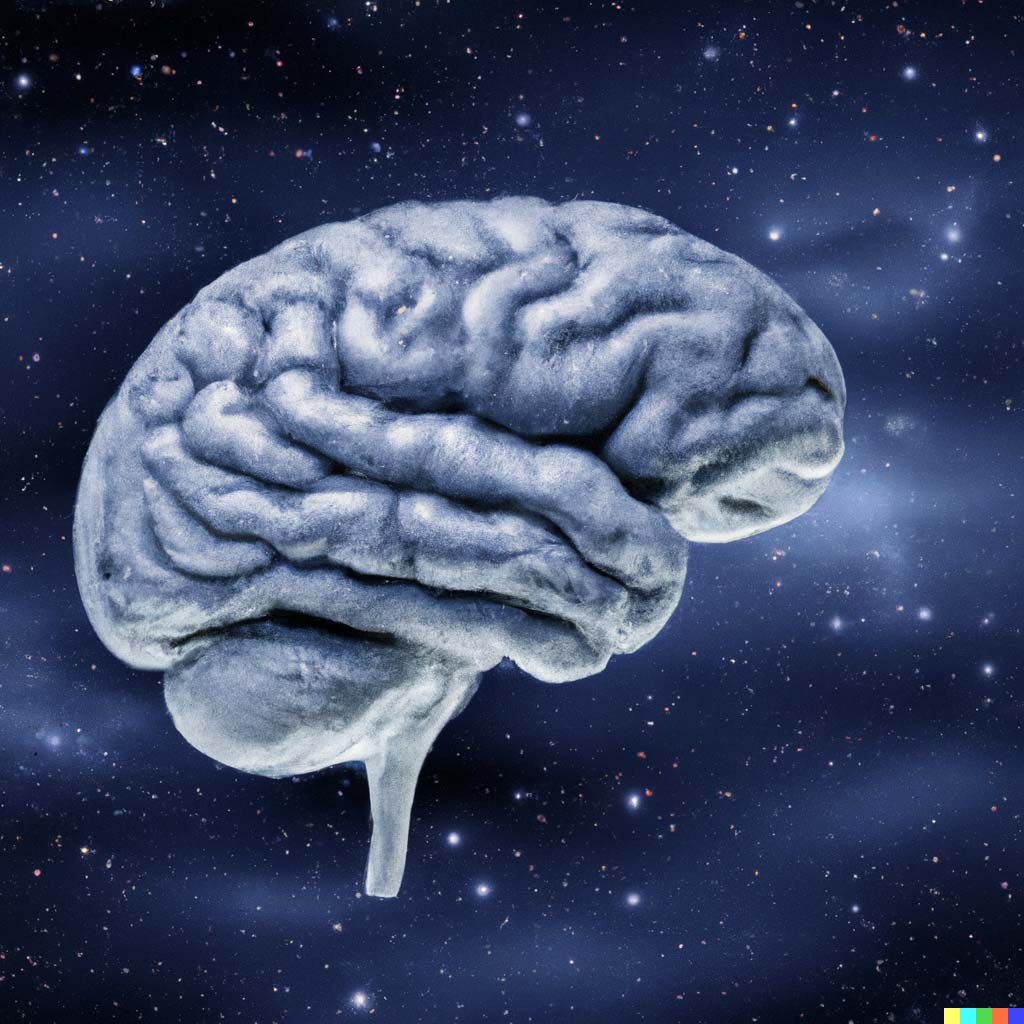
Neuroscience, including the study of brain functions and their relationship to brain structures, is still in its infancy as the technology of brain scans develops. In his book, The Neuroscience of Intelligence, Dr. Richard Haier, one of the leading neuroscientists, reports:
Magnetic resonance imaging (MRI) brain scans of identical twins revealed that the highest genetic contributions [to the brain] were in the cortical areas of the frontal and parietal lobes. Moreover, the correlation between IQ scores and gray matter in the frontal lobes was statistically significant…processing speed was related to white matter volume. (p. 127)
For the subgroup of individuals who showed a change in IQ scores over the three-year period, individual increases in scores were correlated to increases in local network efficiency in the frontal and temporal lobe areas. … the authors [of the study] speculate that finding ways to promote the efficiency of white matter neworks may optimize teenage cognitive performance. (pp. 130–131).
In other words, faster brain function is correlated to the amount of white matter in the brain, though we are not yet certain about the connection between white matter volume and IQ. However, Haier reported that a greater volume of gray matter is associated with a higher IQ. A similar result was discovered by Sue Ramsden et al. in their study. Using MRI, they discovered that positive changes in IQ corresponded to increased gray matter in sections of the brain associated with specific cognitive functions. Summarizing their findings, they reported:*
Our results emphasize the possibility that an individual’s intellectual capacity relative to their peers can decrease or increase in the teenage years. This would be encouraging to those whose intellectual potential may improve, and would be a warning that early achievers may not maintain their potential.
It is not yet clear how the speed of neural processes is related to IQ, but a growing body of research is showing that IQ is related to the volume of gray matter and white matter in the brain. Furthermore, while brain structure and IQ are mostly determined by the genes we have at birth, there is an opportunity to enhance our cognitive powers by stimulation during our formative years.
Some of the most promising studies of how our brains function is coming from the area of artificial intelligence, where scientists are attempting to map human brain structures onto artificial “brains” to endow them human-level intelligence. As they tweak the various models, they may discover the hierarchies in human brain structure that nature has evolved in its creation of cognition.
*Ramsden, Sue. et al. 2011. “Verbal and non-verbal intelligence changes in the teenage brain.” Nature. Vol. 479. pp. 113-116.
